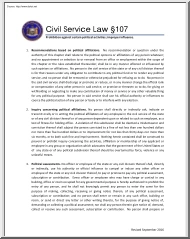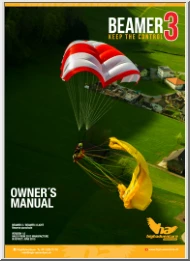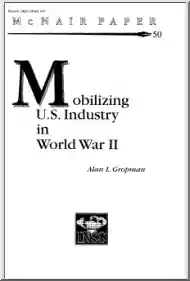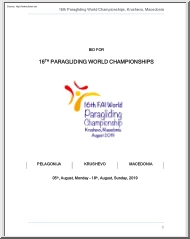Please log in to read this in our online viewer!
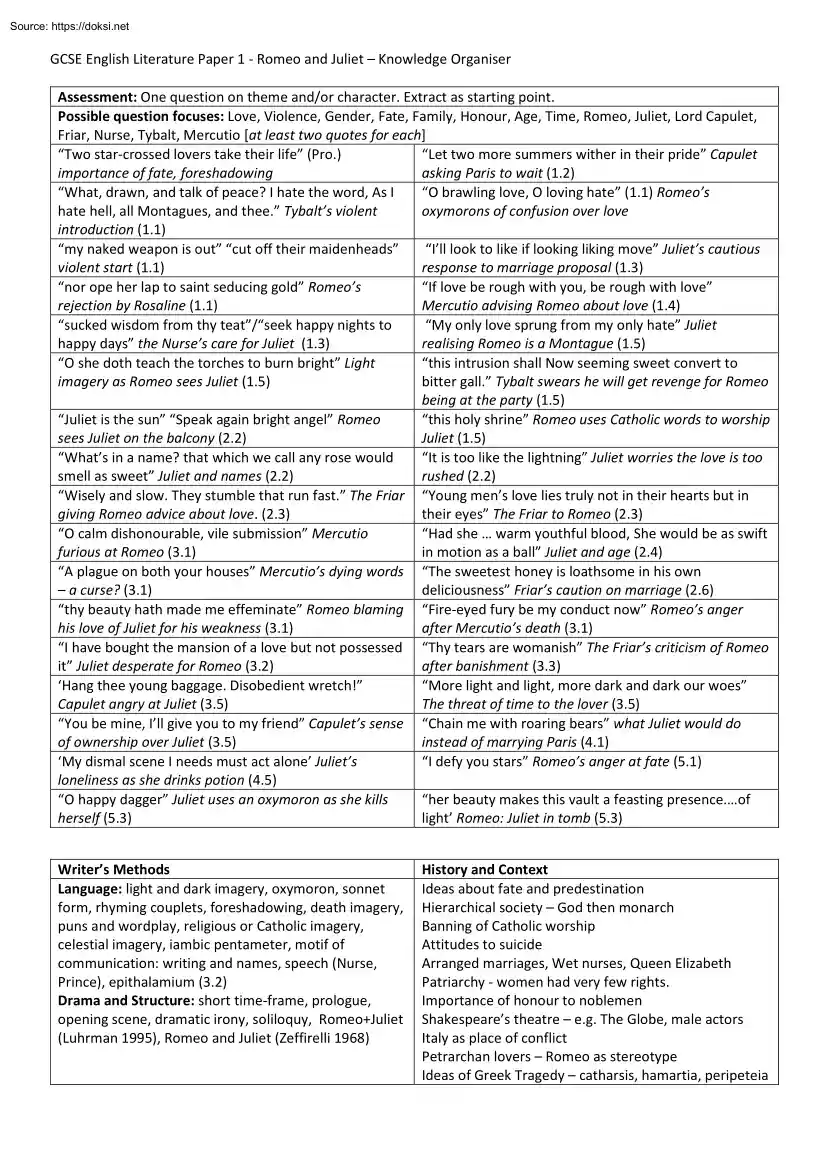
Please log in to read this in our online viewer!
No comments yet. You can be the first!
What did others read after this?
Content extract
GCSE English Literature Paper 1 - Romeo and Juliet – Knowledge Organiser Assessment: One question on theme and/or character. Extract as starting point Possible question focuses: Love, Violence, Gender, Fate, Family, Honour, Age, Time, Romeo, Juliet, Lord Capulet, Friar, Nurse, Tybalt, Mercutio [at least two quotes for each] “Two star-crossed lovers take their life” (Pro.) “Let two more summers wither in their pride” Capulet importance of fate, foreshadowing asking Paris to wait (1.2) “What, drawn, and talk of peace? I hate the word, As I “O brawling love, O loving hate” (1.1) Romeo’s hate hell, all Montagues, and thee.” Tybalt’s violent oxymorons of confusion over love introduction (1.1) “my naked weapon is out” “cut off their maidenheads” “I’ll look to like if looking liking move” Juliet’s cautious violent start (1.1) response to marriage proposal (1.3) “nor ope her lap to saint seducing gold” Romeo’s “If love be rough with you, be rough
with love” rejection by Rosaline (1.1) Mercutio advising Romeo about love (1.4) “sucked wisdom from thy teat”/“seek happy nights to “My only love sprung from my only hate” Juliet happy days” the Nurse’s care for Juliet (1.3) realising Romeo is a Montague (1.5) “O she doth teach the torches to burn bright” Light “this intrusion shall Now seeming sweet convert to imagery as Romeo sees Juliet (1.5) bitter gall.” Tybalt swears he will get revenge for Romeo being at the party (1.5) “Juliet is the sun” “Speak again bright angel” Romeo “this holy shrine” Romeo uses Catholic words to worship sees Juliet on the balcony (2.2) Juliet (1.5) “What’s in a name? that which we call any rose would “It is too like the lightning” Juliet worries the love is too smell as sweet” Juliet and names (2.2) rushed (2.2) “Wisely and slow. They stumble that run fast” The Friar “Young men’s love lies truly not in their hearts but in giving Romeo advice about
love. (23) their eyes” The Friar to Romeo (2.3) “O calm dishonourable, vile submission” Mercutio “Had she warm youthful blood, She would be as swift furious at Romeo (3.1) in motion as a ball” Juliet and age (2.4) “A plague on both your houses” Mercutio’s dying words “The sweetest honey is loathsome in his own – a curse? (3.1) deliciousness” Friar’s caution on marriage (2.6) “thy beauty hath made me effeminate” Romeo blaming “Fire-eyed fury be my conduct now” Romeo’s anger his love of Juliet for his weakness (3.1) after Mercutio’s death (3.1) “I have bought the mansion of a love but not possessed “Thy tears are womanish” The Friar’s criticism of Romeo it” Juliet desperate for Romeo (3.2) after banishment (3.3) ‘Hang thee young baggage. Disobedient wretch!” “More light and light, more dark and dark our woes” Capulet angry at Juliet (3.5) The threat of time to the lover (3.5) “You be mine, I’ll give you to my friend”
Capulet’s sense “Chain me with roaring bears” what Juliet would do of ownership over Juliet (3.5) instead of marrying Paris (4.1) ‘My dismal scene I needs must act alone’ Juliet’s “I defy you stars” Romeo’s anger at fate (5.1) loneliness as she drinks potion (4.5) “O happy dagger” Juliet uses an oxymoron as she kills “her beauty makes this vault a feasting presence.of herself (5.3) light’ Romeo: Juliet in tomb (5.3) Writer’s Methods Language: light and dark imagery, oxymoron, sonnet form, rhyming couplets, foreshadowing, death imagery, puns and wordplay, religious or Catholic imagery, celestial imagery, iambic pentameter, motif of communication: writing and names, speech (Nurse, Prince), epithalamium (3.2) Drama and Structure: short time-frame, prologue, opening scene, dramatic irony, soliloquy, Romeo+Juliet (Luhrman 1995), Romeo and Juliet (Zeffirelli 1968) History and Context Ideas about fate and predestination Hierarchical society – God then monarch
Banning of Catholic worship Attitudes to suicide Arranged marriages, Wet nurses, Queen Elizabeth Patriarchy - women had very few rights. Importance of honour to noblemen Shakespeare’s theatre – e.g The Globe, male actors Italy as place of conflict Petrarchan lovers – Romeo as stereotype Ideas of Greek Tragedy – catharsis, hamartia, peripeteia
with love” rejection by Rosaline (1.1) Mercutio advising Romeo about love (1.4) “sucked wisdom from thy teat”/“seek happy nights to “My only love sprung from my only hate” Juliet happy days” the Nurse’s care for Juliet (1.3) realising Romeo is a Montague (1.5) “O she doth teach the torches to burn bright” Light “this intrusion shall Now seeming sweet convert to imagery as Romeo sees Juliet (1.5) bitter gall.” Tybalt swears he will get revenge for Romeo being at the party (1.5) “Juliet is the sun” “Speak again bright angel” Romeo “this holy shrine” Romeo uses Catholic words to worship sees Juliet on the balcony (2.2) Juliet (1.5) “What’s in a name? that which we call any rose would “It is too like the lightning” Juliet worries the love is too smell as sweet” Juliet and names (2.2) rushed (2.2) “Wisely and slow. They stumble that run fast” The Friar “Young men’s love lies truly not in their hearts but in giving Romeo advice about
love. (23) their eyes” The Friar to Romeo (2.3) “O calm dishonourable, vile submission” Mercutio “Had she warm youthful blood, She would be as swift furious at Romeo (3.1) in motion as a ball” Juliet and age (2.4) “A plague on both your houses” Mercutio’s dying words “The sweetest honey is loathsome in his own – a curse? (3.1) deliciousness” Friar’s caution on marriage (2.6) “thy beauty hath made me effeminate” Romeo blaming “Fire-eyed fury be my conduct now” Romeo’s anger his love of Juliet for his weakness (3.1) after Mercutio’s death (3.1) “I have bought the mansion of a love but not possessed “Thy tears are womanish” The Friar’s criticism of Romeo it” Juliet desperate for Romeo (3.2) after banishment (3.3) ‘Hang thee young baggage. Disobedient wretch!” “More light and light, more dark and dark our woes” Capulet angry at Juliet (3.5) The threat of time to the lover (3.5) “You be mine, I’ll give you to my friend”
Capulet’s sense “Chain me with roaring bears” what Juliet would do of ownership over Juliet (3.5) instead of marrying Paris (4.1) ‘My dismal scene I needs must act alone’ Juliet’s “I defy you stars” Romeo’s anger at fate (5.1) loneliness as she drinks potion (4.5) “O happy dagger” Juliet uses an oxymoron as she kills “her beauty makes this vault a feasting presence.of herself (5.3) light’ Romeo: Juliet in tomb (5.3) Writer’s Methods Language: light and dark imagery, oxymoron, sonnet form, rhyming couplets, foreshadowing, death imagery, puns and wordplay, religious or Catholic imagery, celestial imagery, iambic pentameter, motif of communication: writing and names, speech (Nurse, Prince), epithalamium (3.2) Drama and Structure: short time-frame, prologue, opening scene, dramatic irony, soliloquy, Romeo+Juliet (Luhrman 1995), Romeo and Juliet (Zeffirelli 1968) History and Context Ideas about fate and predestination Hierarchical society – God then monarch
Banning of Catholic worship Attitudes to suicide Arranged marriages, Wet nurses, Queen Elizabeth Patriarchy - women had very few rights. Importance of honour to noblemen Shakespeare’s theatre – e.g The Globe, male actors Italy as place of conflict Petrarchan lovers – Romeo as stereotype Ideas of Greek Tragedy – catharsis, hamartia, peripeteia
